The Digestive system is responsible for the utilization of food. It can be divided into different areas and is essential for a functioning organism. However, the digestive tract is also prone to disease.
What is the digestive system?
The digestive system is the name given to the organs that are responsible for taking in, transporting and processing the food ingested. In addition to the oral cavity, this also includes the esophagus and gastrointestinal tract.
The individual organs perform a wide variety of tasks and all draw nutrients from food. Since a large number of organs are part of the digestive tract, various diseases can occur. Most of them are harmless, but some of them can be life threatening.
Anatomy & structure
The digestive system can be divided into two areas. On the one hand in the head section and on the other hand in the body section. The oral cavity is also part of the digestive system.
The head part consists of the mouth parts, i.e. the lips, the teeth and the tongue as well as the oral cavity itself. It mainly serves to chop up the ingested food so that it can later be digested in the body part. The salivary glands make the food slippery with the help of saliva and the throat finally guides the food into the torso.
This consists of the esophagus and the stomach. The small intestine with duodenum, jejunum and ileum is also part of it. The colon and anus are also part of the digestive system. So digestion goes from top to bottom. It begins with the ingestion of food and ends with the excretion of the faeces. In between, the individual components perform various tasks in order to utilize the food.
Function & tasks
The digestive system has the task of taking in food, chopping it up, utilizing it and then excreting the remains. The organs mentioned have a wide variety of functions. The mouthparts are of course used to chop up food so that it can be transported. The function of the esophagus is to make the chopped up food slippery with saliva so that the throat and stomach are not injured. In addition, it mainly serves as a channel for the onward transport of food.
The stomach is required to convert the food ingested into food pulp and to enrich it with gastric juice.The small intestine and especially the bile duct have the task of adding pancreatic juice to the food pulp so that proteins and fats can be absorbed in the jejunum. Vitamins and water are also taken from the food pulp here.
The large intestine serves as a storage location for feces and also has the function of absorbing water and electrolytes. The anus is the last part of the digestive tract and is used to remove feces. The bowel evacuation takes place at intervals that can only be influenced slightly. The emptying itself is also involuntary.
The digestive system has a wide variety of functions and is therefore the most important part of the human organism. In summary, it is used to absorb and process food.
You can find your medication here
➔ Medication for diarrheaIllnesses & ailments
The digestive system consists of various stations that harbor a high risk of disease due to the high stress caused by daily food intake. The esophagus, for example, can be affected by so-called movement disorders. Tumors and reflux disease can also occur here.
Inflammation, stomach ulcer, or ulcer in the duodenum may develop in the stomach itself. Stomach cancer and gastric lymphoma can also occur. The small intestine can be affected by bacterial overgrowth. Bleeding and absorption disorders of certain substances such as sugar are common complaints. The pancreas is often affected by cystic changes or tumors. Inflammation and tumors of the papilla vateri are also common clinical pictures.
Diverticulosis, diverticulitis, collagenous colitis or similar diseases can occur in the large intestine. Pathogens can also colonize and damage the intestines. Anal tumors and colon cancer are serious diseases of the colon. The bile itself can be affected by gallstones. Inflammation, tumors or other disorders of the gallbladder or bile duct can also occur here. In addition, there are a number of functional digestive disorders. Such as functional dyspepsia or irritable bowel syndrome. Cysts can also spread throughout the digestive tract.
The liver is a central part of the digestive system and can cause various ailments if the wrong food is fed. This results in liver cysts, inflammation caused by viruses or liver cirrhosis. Long-term exposure or an overdose of certain medications or drugs can cause acute liver failure.
Chronic, autoimmune hepatitis is also a common disease. Non-alcoholic fatty liver diseases and fatty liver hepatitis are just as common. Hemochromatosis is a rare disease of the liver. This is a congenital disorder that promotes the absorption of iron. This damages the organs and especially the liver.

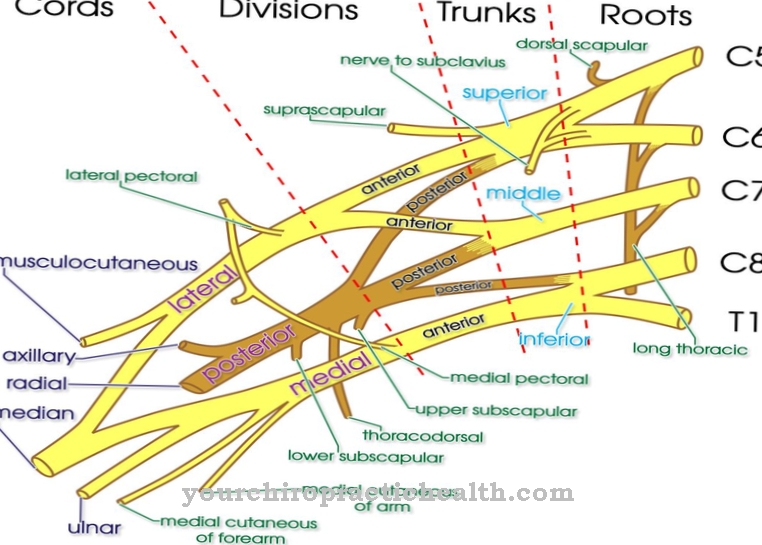
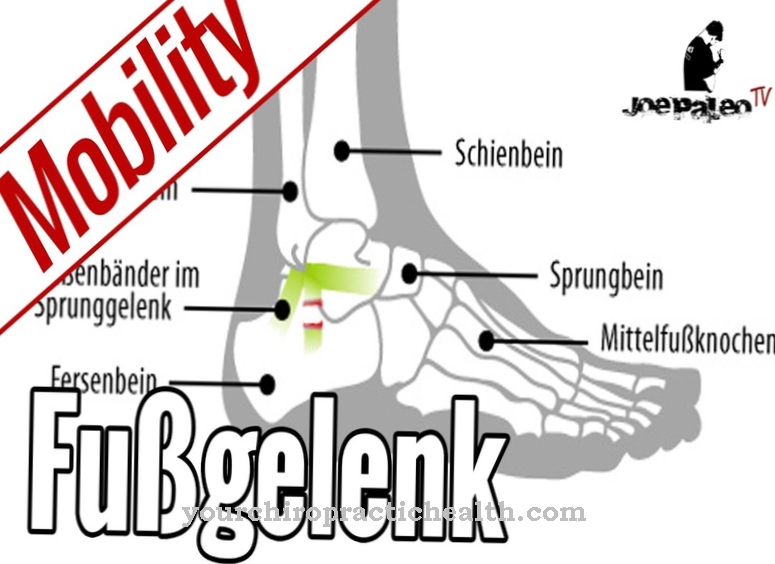
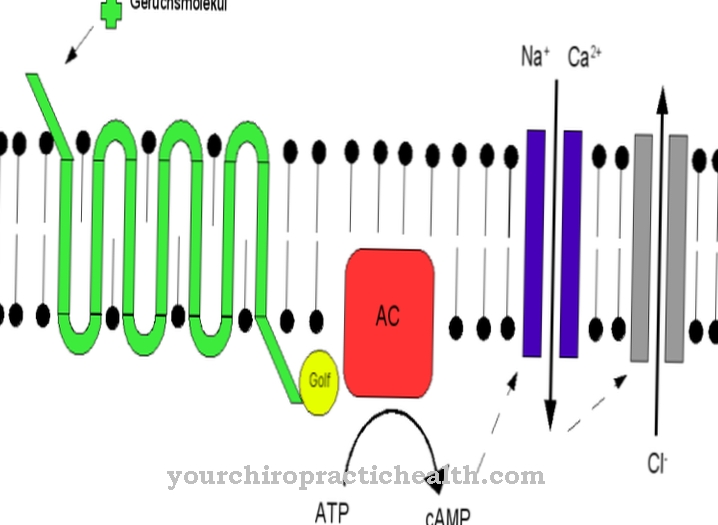

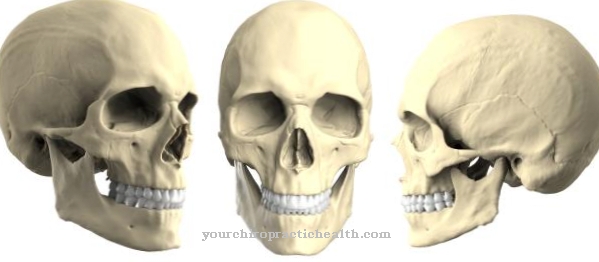
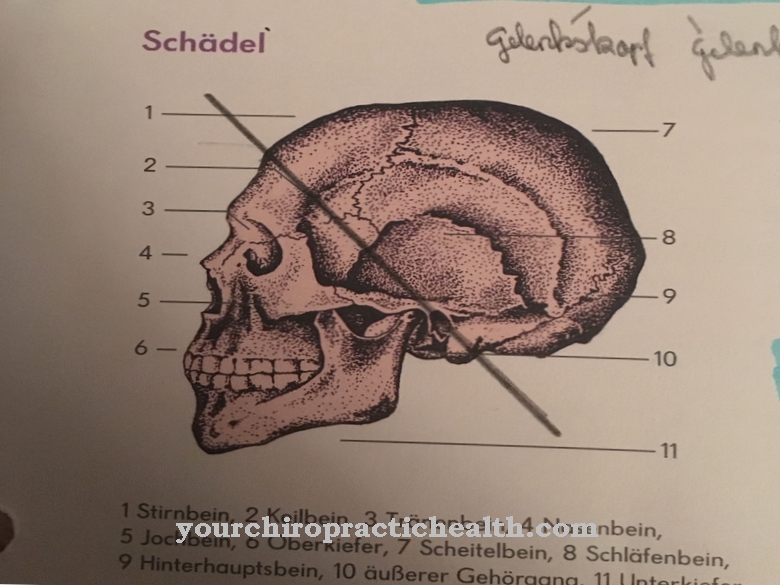

















.jpg)



